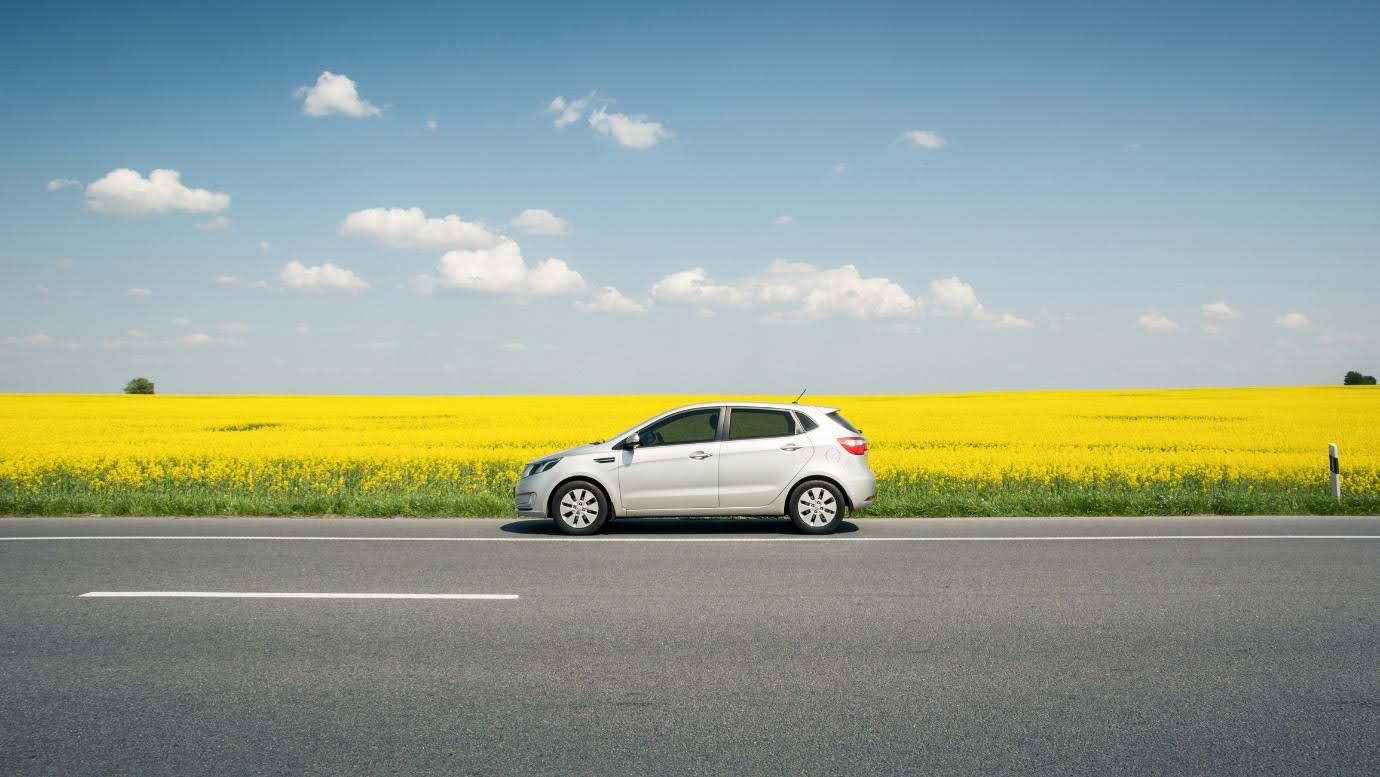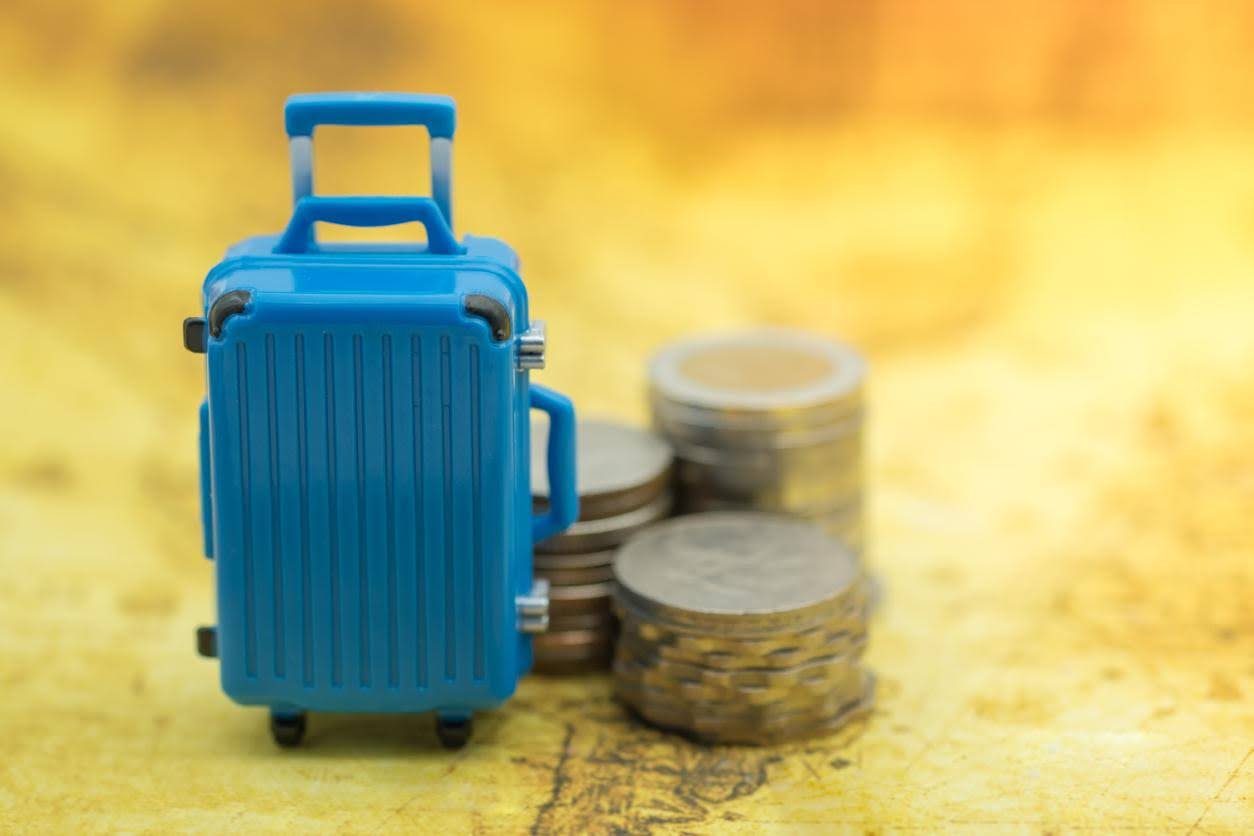As we approach the first holiday season following the UK’s exit from the European Union, it’s still not entirely clear how the transition will affect our travel plans to remaining member states. To try and get a better handle on what Brexit will mean for EU travel, we’ve surveyed 1,000 British residents about what they think on subject.
From the results, we’ve been able to get a bit of insight on potential trends amongst UK travellers, and understand what people’s biggest worries are. To help people prepare for their EU holidays after Brexit, we’ve put together a list of things to be aware of and advice on where you can turn for more information.
An insight into travel trends
It appears that Brexit will have a significant impact on our travel habits this year. Of the 1,000 people we surveyed, almost one-third (29%) said they’ll be travelling in the EU less because of Brexit. Although this means we’ll be getting abroad less as a nation (only 15% said they’d be holidaying more outside the EU) there is good news. Almost a quarter of people (23%) said they will be staycationing in the UK. This should result in a healthy boost to local economies, jobs and heritage across Britain.
Staying informed before your holiday
Plenty of people are, of course, still planning to travel to the EU just as regularly as they did before Brexit. 42% of people were confident that the transition would have no effect on their travel plans. If you’re still planning to get away to the EU this year there a few areas it might be sensible to keep an eye on, just in case there are any changes.
We’ve surveyed people about their biggest worries when it comes to EU travel after Brexit and have pulled information together on how to check any new updates or changes to the most major of these concerns.
1. Increased flight costs
Over one-third of people said they would be put off travelling in the EU if the cost of flights increases.
To some extent, whether flights see a substantial increase in cost is down to negotiations and the final Brexit deal the UK signs. Airline fares were reduced to their current levels by the EU’s removal of old bi-lateral restrictions on air service agreements between countries, which restricted flights.
As Britain leaves the EU, it will need to negotiate new air service agreements to allow British airlines to fly freely over the EU. This is, however, in the interests of many EU airlines, because without an agreement they will be unable to fly freely in and out of the UK, resulting in a substantial hit to their own potential revenue.
Keep an eye on the news for more information about the UK’s progress with this and use price comparisons like SkyScanner if you want to monitor costs. If you are planning on travelling in the EU over summer 2019, it may be worth booking flights before Brexit happens (29th March 2019), so you know what you’ll be paying well in advance.
2. Needing a Visa
Applying for Visas and travel permits can add an extra layer of hassle around holidays, which 31% of Brits say would put them off travelling to the EU. Luckily, it’s looking unlikely this will be necessary immediately after Brexit.
Under the current Brexit deal, UK passport holders will be able to travel freely in the EU until the end of 2020. From 2021 onwards, British travellers visiting Europe will have to apply for a document called the ETIAS (European Travel Information and Authorisation System). The document application costs £7 and is a way for the EU to make stricter checks on people visiting in the wake of the migrant crisis and security concerns over terrorism.
If your passport is up for renewal within six months after you plan to travel to the EU this year, the UK government is advising you to renew it to meet new rules in the Schengen Border Code which applies in remaining member states.
3. Exchange rates
Over a quarter of people (27%) say they would be put off travelling in the EU if exchange rates shot up after Brexit. It’s possible that immediately following Brexit the pound will slump, but as the situation becomes clear, things are likely to stabilise.
After the initial Brexit referendum results were revealed, the pound fell 7% against the dollar and 10% against the Euro. The effects on the economy and exchange rates, however, were not dramatic.
To avoid the worst of a post-Brexit slump in the pound, buy holiday money for your trips before Brexit happens if you are travelling immediately in its wake. Alternatively, if you can wait out a few weeks after the transition you should have a clear idea of what good exchanges rates will stabilise at. You can monitor the value of the pound here.
4. Border queues

Getting stuck in queues, either trying to leave or re-enter the EU, is no one’s idea of fun on a trip abroad. 27% say that an increase in border queues times would put them off travelling to the EU after Brexit.
Although there has been a lot of conversation in the news about queues at the border, this largely relates to goods and freight transport rather than individual or recreational travel, which is what makes 67% of our EU trips.
Longer queues at airports are a possibility, especially as new systems are put into place for checking UK passports with other non-EEA ones. Major airports, however, have plans to invest in additional e-gates and staff to minimise inconvenience to travellers. Disruptions should be short-term, as the transition to new systems is made.
5. Transporting goods
12% of people also expressed concerns about transporting goods in the EU after Brexit. If the process becomes more complicated, they say they’ll be put off travelling.
Brexit will not impede the ability of companies to ship and sell goods to the EU, but it may mean we no longer have access to the single market. The result of this is likely to be an increase in taxes and duties payable on all goods imported into the remaining member states.
If you plan on operating a business between the UK and EU, check any taxes or duties that may apply before sending goods overseas.
6. Driving in the EU

Aside from travelling to the EU, Brexit may also have an impact on what we can do when we are there. An area where this may apply is driving. Our survey revealed that some people would be put off driving in the EU if certain changes are made:
- 29% would be put off by price hikes
- 28% would not drive if they required additional driving permits
- 25% said they wouldn’t drive if insurance costs went up
- 24% said border queues when travelling across multiple countries would stop them driving in the EU
Although it’s hard to predict costs, the driving permit issue may be slightly clearer. Currently UK drivers can drive in the EU if they have a full, valid UK driving licence. This may not be the case post-Brexit.
If, however, the EU decide we do need an additional permit to drive in remaining member states, there is already a system in place to allow this to happen; the International Driving Permit (IDP).
UK citizens already require an IDP to drive in countries such as the USA. To apply for an IDP you need to be 18 and have a full UK driving licence. You can apply through the AA or the post office. An IDP application costs £5.50 and is valid for a year. You must get one before you travel, as you will not be able to apply for one when overseas.
It can be difficult to give certain advice on post-Brexit travel, but the guidance above offers some insight into realities and where to find out more information before you travel.
Make sure to check all requirements before you travel to ensure you are not caught out by any alterations to legislation.












